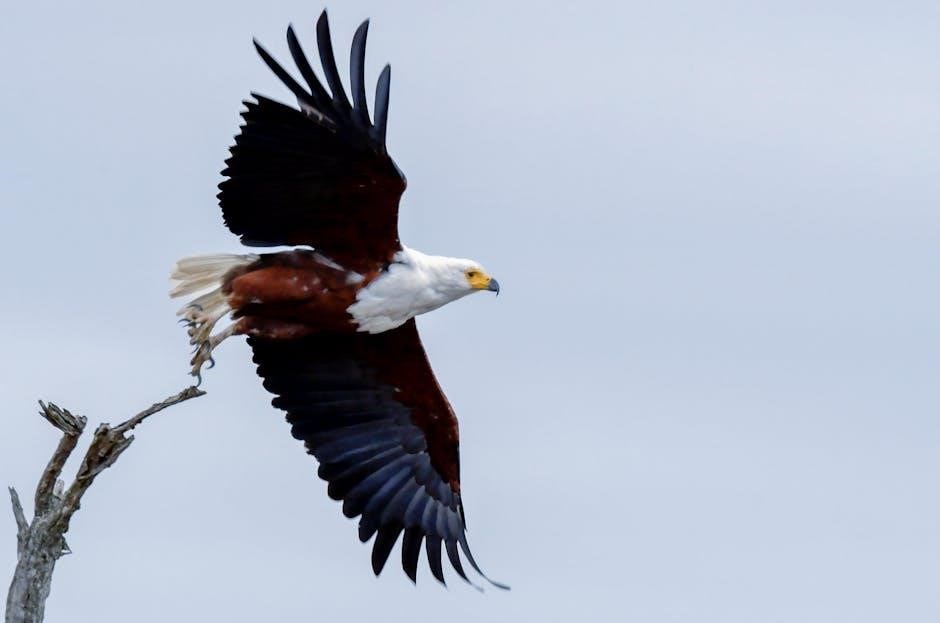To become a successful fly fishing guide, you need to master essential skills, gain extensive experience, and understand both fish and people. Building a strong foundation in fishing techniques, water reading, and gear maintenance is crucial. Additionally, obtaining proper licenses and certifications, such as a DEC Guide License in New York, is often required. Investing in quality gear and continuously learning about fish behavior and environmental conditions will enhance your expertise. Developing strong interpersonal skills is equally important, as guiding involves teaching, problem-solving, and ensuring clients have an enjoyable experience. Lastly, consider enrolling in a fly fishing guide school to refine your skills and gain industry insights.
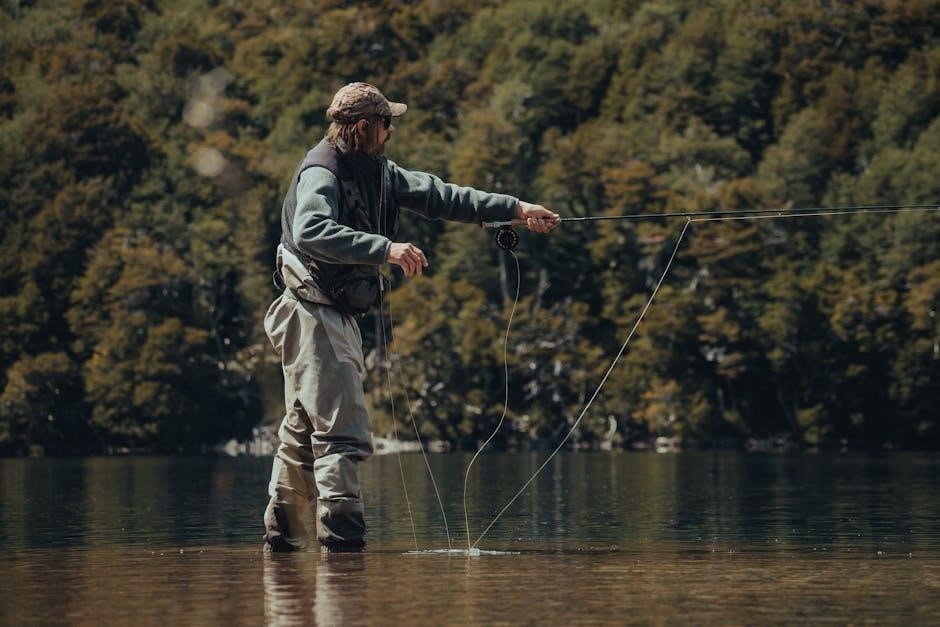
Build Your Fisherman Skills
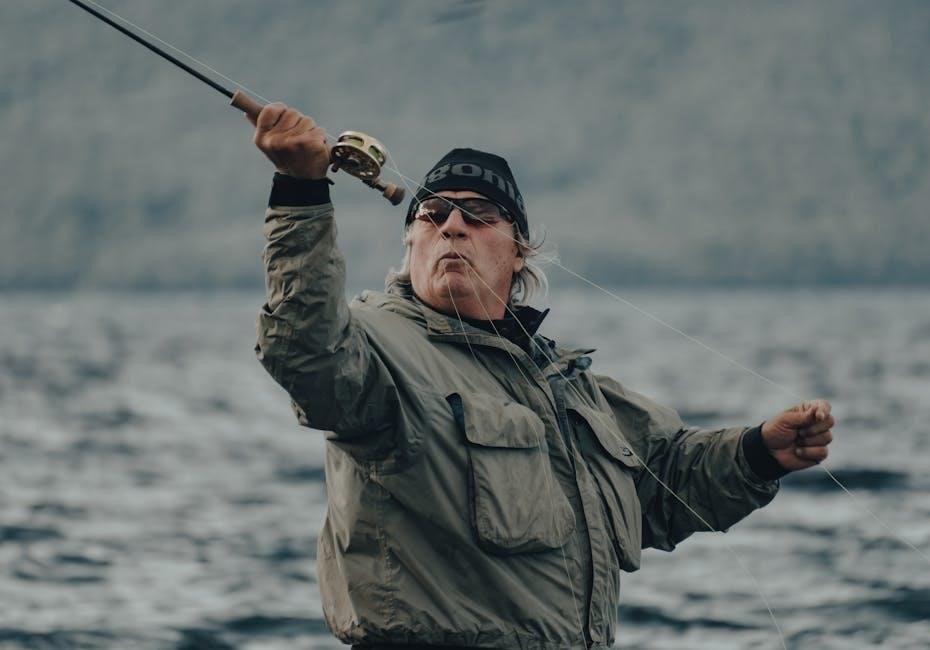
Mastering fly fishing techniques is the cornerstone of becoming a successful guide. Start by refining your casting, knot-tying, and water reading skills. Understanding fish behavior, habitat, and feeding patterns is equally important. Learn to identify insects and match the hatch effectively. Practice casting in various conditions, from calm waters to windy environments, to ensure accuracy and control. Develop expertise in nymphing, dry fly fishing, and streamer techniques to adapt to different situations. Study the seasonal changes in fish behavior and how weather conditions impact their activity. Ethical fishing practices, such as catch-and-release methods, should also be prioritized to promote sustainability. Spend time on the water, observing and learning from experienced anglers. The more you understand the fish and their environment, the better equipped you’ll be to guide others. Building these skills takes time and dedication, but it’s essential for earning the trust and respect of your clients.
Get As Much Experience As You Can
Gaining extensive experience is vital for becoming a skilled fly fishing guide. Spend as much time on the water as possible, immersing yourself in different fishing environments and conditions. Learn to read water, understand fish behavior, and master various techniques like nymphing, dry fly fishing, and streamer tactics. Experience helps you anticipate challenges, such as changing weather or difficult casting conditions, and develop solutions. Work with experienced guides or anglers to gain insights and refine your skills. The more you fish, the better you’ll understand fish patterns, insect hatches, and seasonal variations. Additionally, practice guiding friends or family to hone your teaching and communication skills. Persistence and dedication are key—every day on the water brings new lessons and opportunities to improve. Over time, this hands-on experience will build your confidence and expertise, making you a more effective and knowledgeable guide.
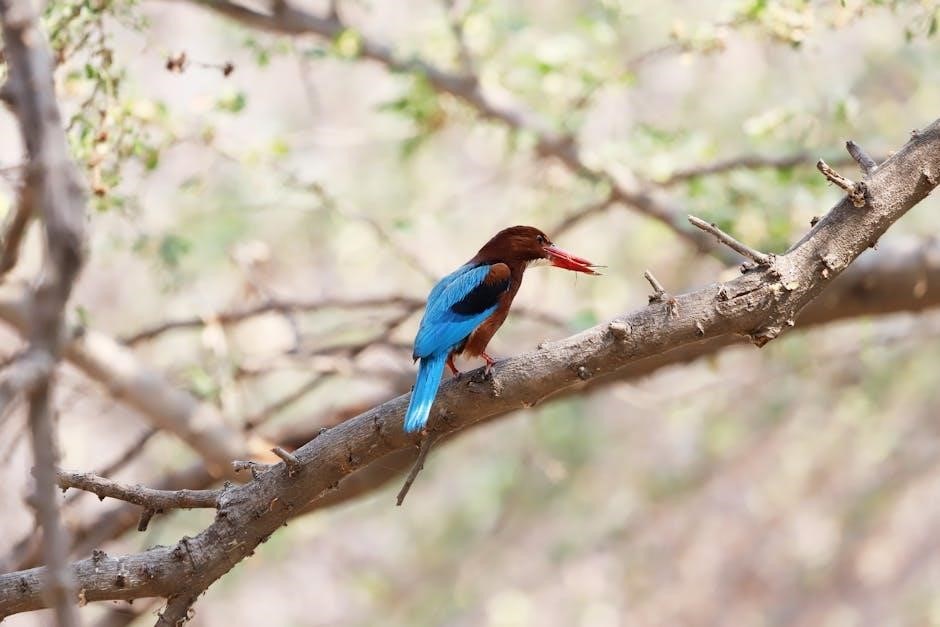
Invest in The Right Gear
Investing in high-quality fly fishing gear is essential for both your performance and professionalism as a guide. A good fly rod, reel, and line are fundamental, with versatile options suitable for various fishing conditions. A reliable rod with a sensitive tip and strong backbone ensures accuracy and control when casting. Pair it with a sturdy reel that can handle large fish and has a smooth drag system. The right fly line, leader, and tippet are critical for presenting flies effectively. Additionally, invest in durable waders and boots for navigating rivers comfortably. A well-organized fly box with a variety of flies, including nymphs, dry flies, and streamers, is indispensable. Other essentials include a net, forceps, and polarized sunglasses for spotting fish. Quality gear not only enhances your fishing experience but also reflects your commitment to the sport. While the initial investment may seem high, it pays off in the long run by improving your efficiency and credibility as a guide.
Become Licensed
Obtaining the proper licenses and certifications is a critical step to becoming a legitimate fly fishing guide. In many states, such as New York, you are required to have a DEC Guide License to operate as an outdoor guide. This ensures that you meet the necessary standards and regulations set by local authorities. Additionally, some guide schools offer certifications that can enhance your credibility and skills. These certifications often cover essential areas like water safety, first aid, and environmental stewardship. Licensing not only legitimizes your profession but also builds trust with clients and outfitters. Research the specific requirements for your state or region, as regulations can vary significantly. For example, in Montana, guides must work under a certified fly-fishing outfitter. Securing the right licenses demonstrates your commitment to professionalism and compliance with local laws, which is vital for a successful and sustainable guiding career.
Key Traits Of A Great Fly Fishing Guide
A great fly fishing guide possesses a unique combination of skills and qualities that set them apart. First and foremost, they are proficient teachers, able to break down complex techniques into understandable lessons for clients of all skill levels. They also have a deep understanding of both fish behavior and human nature, knowing how to adapt their approach to meet the needs of each individual. Patience is another essential trait, as guiding often involves teaching beginners or dealing with challenging conditions. Additionally, a great guide is highly adaptable, able to adjust strategies based on changing weather, water conditions, or client preferences. Strong problem-solving skills are crucial, as guides must handle unexpected situations, such as equipment malfunctions or medical emergencies, with calm and confidence. Finally, a passion for sharing the sport and a genuine love for the outdoors are indispensable qualities that make a guide not only effective but also inspiring. These traits, combined with technical expertise, create a well-rounded and exceptional fly fishing guide.
Do You Need A Guide School?
While not mandatory, attending a fly fishing guide school can significantly accelerate your journey to becoming a professional guide. These schools, typically ranging from one to two weeks, offer a structured learning environment where you can master essential skills such as knot tying, reel setup, insect identification, and locating fish. Additionally, they cover critical guiding techniques, including casting instruction, line management, and water reading. Many schools also focus on teaching interpersonal skills, such as how to effectively communicate with clients and adapt to their needs. By enrolling in a guide school, you gain hands-on experience and industry insights that would otherwise take years to acquire independently. Moreover, these programs often provide networking opportunities with experienced guides and outfitters, which can be invaluable for securing future employment. While some guides succeed without formal training, guide schools offer a streamlined path to becoming a competent and confident fly fishing guide.
Be More Than A Guide
Becoming a fly fishing guide requires more than just fishing expertise—it demands a unique blend of skills that go beyond technical knowledge. A great guide must be a teacher, a problem-solver, and a people person, able to adapt to clients’ needs and ensure an enjoyable experience. This means being patient, flexible, and emotionally intelligent, as you’ll encounter a wide range of personalities and skill levels. Additionally, guides often act as mentors, sharing knowledge about fish behavior, environmental conservation, and local ecosystems. The ability to tell stories, provide historical context, and create a memorable experience can elevate your reputation and set you apart. Beyond fishing, you’ll need to manage logistics, handle unexpected challenges, and ensure safety on the water. Essentially, a fly fishing guide is a multitasker who wears many hats, from instructor to mediator to ambassador for the sport. By focusing on these broader responsibilities, you can create lasting memories for your clients and build a loyal customer base.
Know What Its Not And What It Is
Know What It’s Not And What It Is
Becoming a fly fishing guide isn’t just about fishing—it’s about understanding the realities of the role. Many assume guiding is solely about sharing fishing knowledge, but it’s far more complex. A guide must balance teaching, problem-solving, and client management while ensuring a safe and enjoyable experience. It’s not a job for those seeking solitude or a relaxed pace, as guiding requires constant interaction and adaptability. On the other hand, it is a rewarding opportunity to connect people with nature, share your passion, and witness the joy of others catching fish. Understanding these dualities is key to success. Guides must embrace the challenges of unpredictable weather, varying skill levels, and diverse personalities while maintaining patience and professionalism. By recognizing what the role entails and what it doesn’t, you can better prepare yourself for the demands and rewards of being a fly fishing guide. This clarity will help you approach the job with realistic expectations and a positive mindset.
Spend a Day in The Beautiful Adirondacks
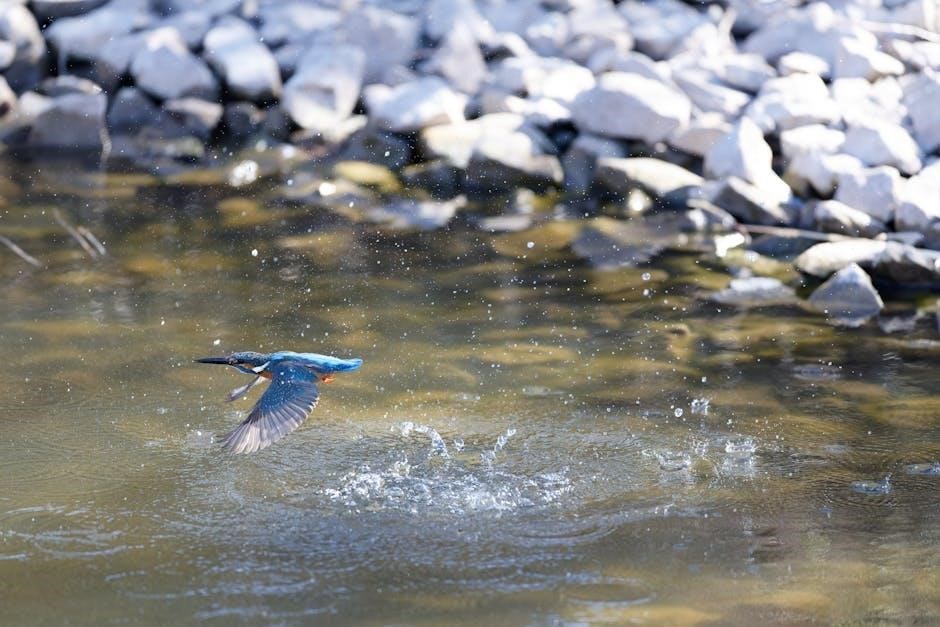
Spending a day in the stunning Adirondacks offers a unique opportunity to immerse yourself in the art of fly fishing while surrounded by breathtaking natural beauty. This region is renowned for its pristine waters, diverse trout populations, and picturesque landscapes, making it an ideal destination for anglers. A day in the Adirondacks allows you to refine your skills under the guidance of experienced professionals like Rick Kovacs of Packbasket Adventures. You’ll learn essential techniques such as casting, water reading, and fly selection while gaining insights into the local ecosystem. The Adirondacks’ serene environment fosters a deeper connection to nature, enhancing your ability to teach and guide others. This hands-on experience is invaluable for aspiring guides, as it combines practical learning with inspiration from one of the world’s most iconic fishing destinations. By spending a day in the Adirondacks, you’ll not only improve your fishing prowess but also gain a fresh perspective on what it means to be an effective and passionate fly fishing guide.
Become the Best Angler You Can Be
Becoming the best angler you can be is essential for a successful fly fishing guide career. Mastery of techniques, understanding fish behavior, and adaptability are key. Continuous learning and practice refine your skills, ensuring you can effectively teach clients. A deep knowledge of various fishing methods, such as nymphing, dry fly, and streamer techniques, is crucial. Understanding fish habitats, feeding patterns, and seasonal changes allows you to anticipate and respond to challenges. Additionally, developing fluency in multiple teaching methods helps cater to clients of all skill levels. The ability to troubleshoot casting issues and provide clear, concise instructions is vital. Being the best angler you can be also means staying curious and open to new strategies. This dedication not only enhances your expertise but also builds trust and satisfaction with clients, fostering a reputation as a knowledgeable and reliable guide. Ultimately, your passion for improvement will elevate your guiding career and create lasting memories for those you mentor on the water.
